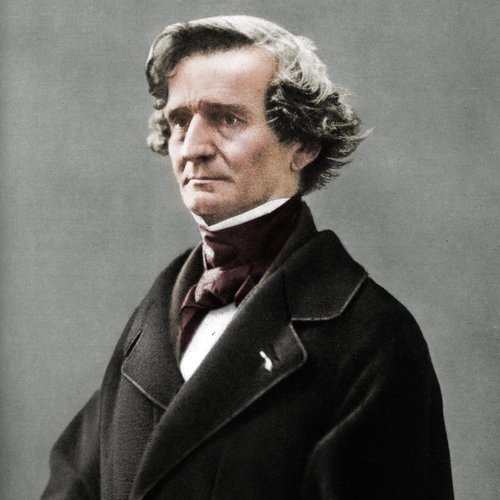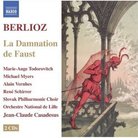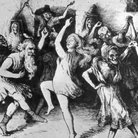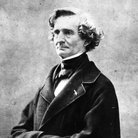Hector Berlioz: L’Enfance du Christ
Of all the great composers, Berlioz certainly isn’t remembered as a man of faith, despite his strict catholic upbringing.
And yet, three of the composer’s most important and substantial works have a religious basis. First came his mighty Requiem in 1837; that was followed twelve years later by the Te Deum; and then Berlioz produced the oratorio L’Enfance du Christ, dating from 1854. It’s a huge work, which took four years to compose, and depicts not just the childhood of Christ but also Herod’s mass murder of infants in Judea, which led to the fleeing of Mary, Joseph and Jesus.
L’Enfance du Christ is a creation of supreme beauty. The best-known section, The Shepherds’ Farewell, is a glorious blend of warm woodwind sounds, sublime choral harmonies and sensitive orchestral accompaniment. Berlioz was certainly a passionate composer, with a love of writing very red-blooded, romantic music. He was also clearly capable of creating music with a sense of complete serenity, touching simplicity, and ethereal beauty.
Berlioz whipped up a storm of praise wherever he went, and the premiere performance of L’Enfance du Christ was met with euphoric appreciation by the Parisian audience. Subsequent performances across Europe received an equally rapturous response, much to the composer’s delight.
Recommended Recording
Yann Beuron (Narrator/Centurion); Karen Cargill (Marie); William Dazeley (Joseph); Matthew Rose (Herod); Peter Rose (Father/Polydorus); Tenebrae Choir; London Symphony Orchestra; Colin Davis (conductor). LSO Live: LSO0606.







